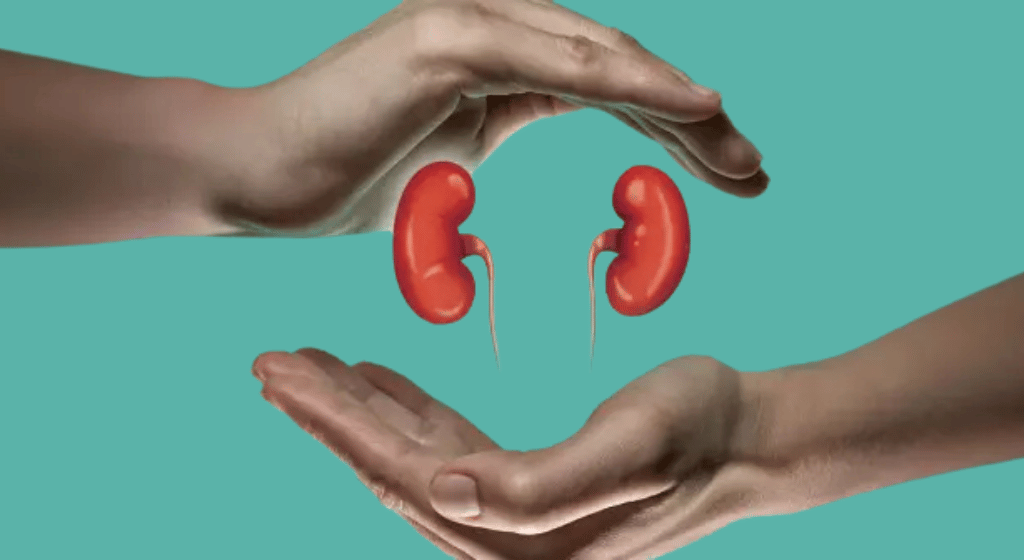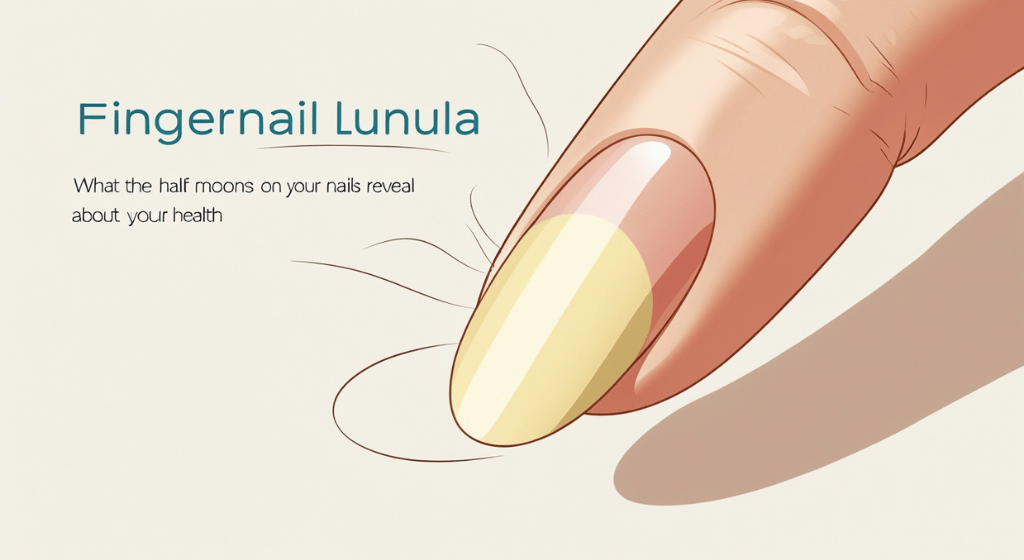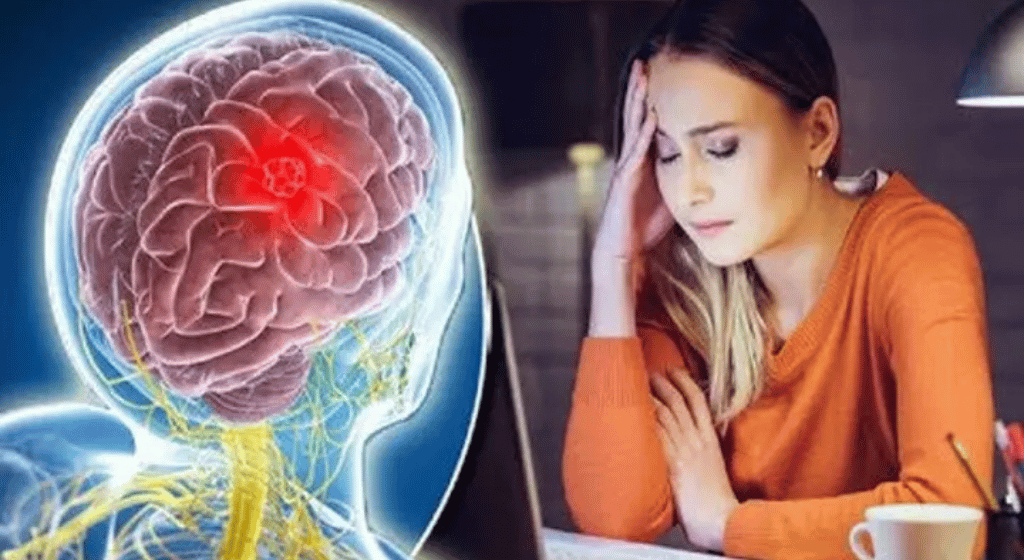If your kidneys are in danger, your body will give you these seven signs
The kidneys are considered one of the smallest organs in the body, but they perform the largest and most important functions, as they work to purify and filter the blood from toxins.
In fact, the kidneys filter between 20 and 150 liters of blood to produce only one to two liters of urine, which consists of waste and excess fluid.
According to the U.S. Centers for Disease Control and Prevention, one in ten adults in the country has chronic kidney disease (CKD), and that number continues to rise.
Experts say that one of the reasons for the high rates of chronic kidney disease is that those infected often do not show any symptoms until it becomes necessary to see a doctor.
The Patch website provided 10 signs that indicate that your kidneys are “at risk”:
1- Changes in urine:
You should see a doctor if you notice foam in your urine, if you have difficulty urinating, if your urine turns dark and then you urinate in small amounts, or if you have to urinate several times at night.
2- Excessive swelling:
If you notice excessive swelling, usually in the hands and feet, this may indicate that you have kidney disease.
3- Shortness of breath:
When fluid accumulates in the lungs, deep breathing becomes difficult and thus shortness of breath requires seeking help from a specialist doctor.
4- Skin rash:
When your body is full of toxins, it looks for a way to get rid of them, and one of those ways is through your skin pores, which can lead to rashes, dry skin, irritation, or even signs of aging. Sores.
5- Metallic taste in the mouth:
Sometimes your body can become so overloaded with toxins that you can taste them. People with kidney problems may experience a metallic taste in their mouth.
6- Poor concentration and dizziness:
Your body being filled with toxins means that the flow of oxygen to the rest of the body, including the brain, is ineffective. This leads to lack of concentration, dizziness, and even brain fog.
7- Lower back pain:
Lower back pain is often associated with kidney damage or kidney failure because the kidneys are located in the lower back area.
8- Fatigue:
The kidneys produce a hormone called EPO, which essentially increases the number of red blood cells, which carry oxygen to all parts of the body. Therefore, kidney damage leads to a general lack of oxygen, which leads to a feeling of exhaustion and fatigue.
9- Nausea and vomiting:
The accumulation of toxins and waste in the blood can cause nausea and vomiting. Therefore, be sure to talk to your doctor right away, especially if you are experiencing lower back pain.
10- Goosebumps:
Any problem that affects the proper functioning of the kidneys can lead to a lack of red blood cells that carry oxygen. When this happens, you often develop anemia, a symptom of which is feeling cold all the time.



